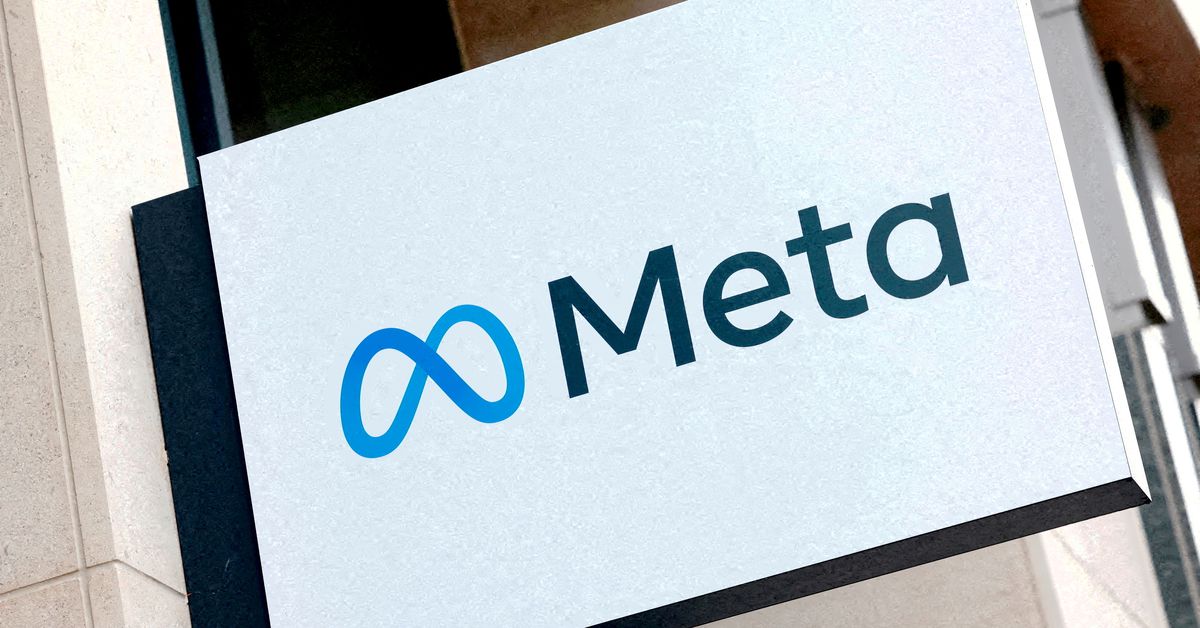
Oct 24 (Reuters) – Dozens of U.S. states are suing Meta Platforms (META.O) and its Instagram unit, accusing them of contributing to a youth mental health crisis through the addictive nature of their social media platforms.
In a complaint filed in the Oakland, California federal court on Tuesday, 33 states including California and Illinois said Meta, which also operates Facebook, has repeatedly misled the public about the substantial dangers of its platforms and knowingly induced young children and teenagers into addictive and compulsive social media use.
“Meta has harnessed powerful and unprecedented technologies to entice, engage, and ultimately ensnare youth and teens,” the complaint said. “Its motive is profit.”
The lawsuit seeks a variety of remedies, including substantial civil penalties.
Meta said that it had sought to make teens safe online.
“We’re disappointed that instead of working productively with companies across the industry to create clear, age-appropriate standards for the many apps teens use, the attorneys general have chosen this path,” Meta said in an email statement.
Much of the focus on Meta stems from the release of documents in 2021 that showed that Meta had data showing that Instagram, which began as a photo-sharing app, was addictive and worsens body image issues for some teen girls.
The lawsuit alleges that Meta strives to ensure that young people spend as much time as possible on social media despite knowing that teenage brains are susceptible to the need for approval in the form of “likes” from other users about their content. Meta deceptively denied publicly that its social media was harmful, the lawsuit said.
Nine other states are expected to file similar lawsuits on Tuesday, bringing the total number of states suing to 42.
The Menlo Park, California company and other social media companies already face hundreds of lawsuits brought on behalf of children and school districts raising similar claims.
Reporting by Jonathan Stempel in New York and Diane Bartz, David Shepardson and Nate Raymond; Editing by Chizu Nomiyama and Rod Nickel
Our Standards: The Thomson Reuters Trust Principles.
